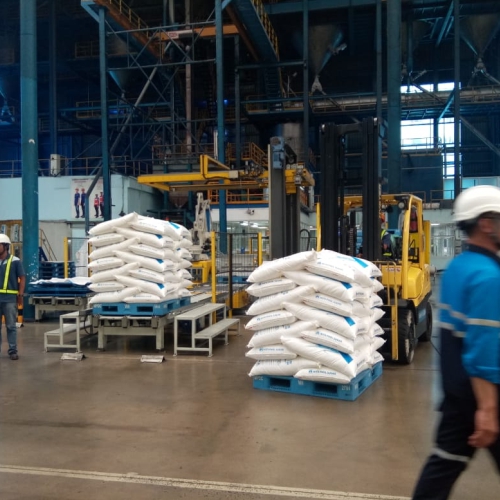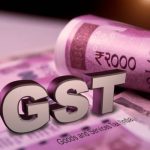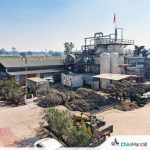Trade organisations in Tripura have urged the central government to address the escalating trade deficit with Bangladesh, which has widened since Muhammad Yunus took office in August of last year. They argue that despite a decline in exports, large amounts of sugar, medicines, cosmetics, and other food items are being smuggled into Bangladesh with the help of local villagers near the border, insufficient border security, and unchecked infiltration. This situation is negatively impacting the economies of both countries, reported The Times of India.
She highlighted that exports from Tripura to Bangladesh have declined sharply in recent months, while imports have remained steady. “Tripura’s exports to Bangladesh stood at just Rs 50.07 crore up to Feb in the current fiscal year, compared to Rs 121.37 crore in 2022-23 and Rs 12.31 crore in 2023-24. Meanwhile, imports from Bangladesh reached Rs 625.14 crore this fiscal year (up to Feb), Rs 703.67 crore in 2023-24, and Rs 636.72 crore in 2022-23,” Chakma said.
Although modern infrastructure has been developed at eight out of the nine land customs stations (LCSs) along the India-Bangladesh border in Tripura, formal trade has not met expectations. To curb informal trade, India set up two Border Haats in South Tripura and Sepahijala districts a decade ago. However, one of these haats has remained closed since the Covid-19 pandemic in 2020. The Srinagar Border Haat in South Tripura was reopened in November last year after being shut due to political unrest in Bangladesh. However, the market has yet to regain its former popularity, with half of the registered traders from both countries not attending on weekly market days. Meanwhile, authorities in both countries have delayed the reopening of the Kasba Border Haat in Sepahijala district, citing concerns about low participation. Reports indicate that Bangladesh exports products like fish, cement, food items, construction materials, steel sheets, PVC pipes, soft drinks, ready-made garments, melamine, and cotton waste to Tripura and other northeastern states. In return, Indian states export commodities such as broken stone, maize, incense sticks (agarbatti), fresh ginger, dry chilies, vegetable seeds, various spices, and wood apples to Bangladesh.












